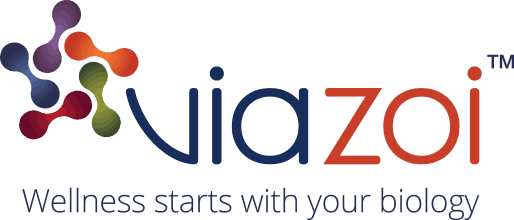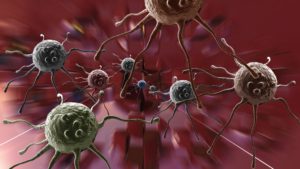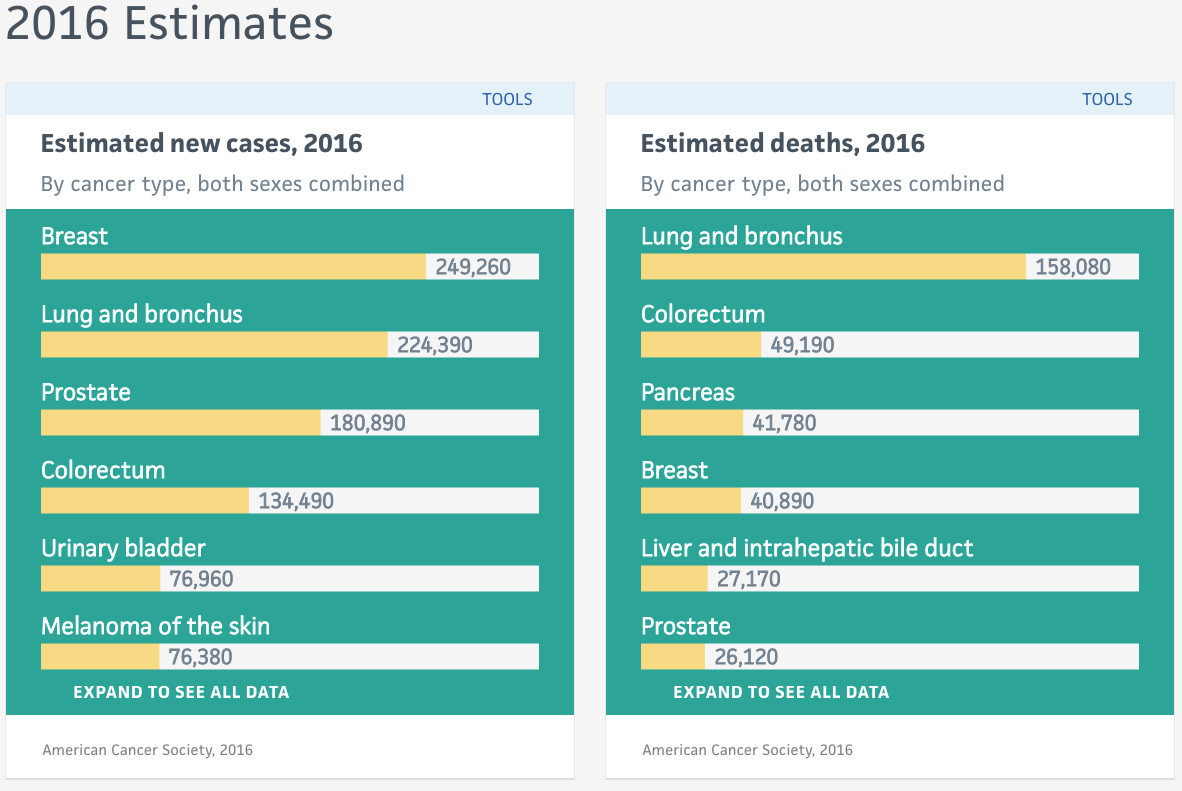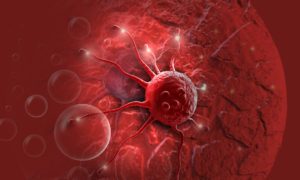No amount of reading articles or listening to personal experiences can truly prepare a cancer patient for the emotional impact of cancer treatment, but, any and all information that may be offered can benefit, even if just to provide a general roadmap to help patients and caregivers cope with their situations. In this two-part blog series, we’ll be covering the types of emotional side effects of cancer as well as what you, as a cancer patient, can do to take an active role in coping with your illness.
Distress is Normal
When we talk about “distress” here, we are referring to unpleasant feelings such as sadness, fear, hopelessness, anxiety, depression, uncertainty, and powerlessness. Distress is very common and understandable in people with cancer and their loved ones and a certain amount is normal. So much of a cancer patient’s life changes with a cancer diagnosis and but (s)he won’t know how much until it happens. This creates feelings of uncertainty, anxiety, and even fear.
“Will I die?”
“What will happen to my kids if I can’t physically take care of them?”
“How long will I have to be under treatment?”
“Am I going to feel sick all the time during treatment?”
After a cancer diagnosis, there’s a bit of a waiting game while a patient’s oncology team determines the best course of treatment and feelings of distress are very common, especially waiting for surgery or that first chemotherapy treatment. Everything about cancer is stressful, including the side effects, such as weight changes, hair loss, fatigue, and disruption to routine, but sometimes it’s a little too much to deal with.
Severe Distress
While a level of stress and distress is expected, if it interferes with treatment or if a patient can’t cope, additional support services may help. Having cancer affects your emotional health, and when those effects are debilitating, it is imperative that you get additional support. The American Cancer Society offers a helpful “Do I Need Professional Support” Self-Assessment Questionnaire for Patients to help you figure out whether professional counseling may be beneficial. You can find the questionnaire here: http://www.cancer.org/treatment/treatments-and-side-effects/emotional-side-effects/distress-checklist-for-patients.html
Additionally, having a trusted cancer care team can be a significant resource for extra support, as is having loved ones that can also take on a support role. As a cancer patient, it is important to remember that you have people that care about you and want to help, but you must always be upfront with how you’re feeling and doing. Once people know how you’re doing, they can provide you with or direct you to the services most suited to your particular circumstances.
Please come back next week for part two of our blog series, where we will be discussing ways you, as a cancer patient (or caregiver) can cope with cancer.





 There are several organizations out there that want to help cancer patients and their families find joy during the holiday season, including CancerCare and the
There are several organizations out there that want to help cancer patients and their families find joy during the holiday season, including CancerCare and the  Thanksgiving is next week! It’s amazing how quickly the holidays sneak up on you, and it’s easy to start panicking, but don’t. You probably (hopefully) know where you will be for Thanksgiving dinner and, if you’re just a guest, then you’re all set! If you are a food-bringing guest, you have quite a bit of time to plan out when to shop for ingredients and then prepare the item, so no reason really to stress out there. But for those of us who are hosting Thanksgiving this year, it may seem like time is slipping away but there is plenty of time. A certain amount of stress is unavoidable but chronic stress during the holidays can ruin the holiday spirit (and it’s not good for your health either).
Thanksgiving is next week! It’s amazing how quickly the holidays sneak up on you, and it’s easy to start panicking, but don’t. You probably (hopefully) know where you will be for Thanksgiving dinner and, if you’re just a guest, then you’re all set! If you are a food-bringing guest, you have quite a bit of time to plan out when to shop for ingredients and then prepare the item, so no reason really to stress out there. But for those of us who are hosting Thanksgiving this year, it may seem like time is slipping away but there is plenty of time. A certain amount of stress is unavoidable but chronic stress during the holidays can ruin the holiday spirit (and it’s not good for your health either). We all know vitamin D is vital to bone health. But did you know that your body needs vitamin D to absorb calcium? If calcium is not absorbed into the body, it can collect in soft tissues and other areas, causing health problems. Signs of a vitamin D deficiency might include fatigue, and muscle weakness or aches. Long term vitamin D deficiency can actually lead to the softening of bones, which could increase the likelihood of recurring injury as well as other health issues.
We all know vitamin D is vital to bone health. But did you know that your body needs vitamin D to absorb calcium? If calcium is not absorbed into the body, it can collect in soft tissues and other areas, causing health problems. Signs of a vitamin D deficiency might include fatigue, and muscle weakness or aches. Long term vitamin D deficiency can actually lead to the softening of bones, which could increase the likelihood of recurring injury as well as other health issues. Cancer is the name given to a collection of related diseases where some of the body’s cells begin to divide uncontrollably and spread into surrounding tissues. This general definition applies to a
Cancer is the name given to a collection of related diseases where some of the body’s cells begin to divide uncontrollably and spread into surrounding tissues. This general definition applies to a 

 Just looking at the numbers, cancer kills hundreds of thousands of people in the United States every year. This is devastating, and paints a bleak picture, but it’s not the complete picture. The likelihood of a person dying from cancer has, in fact, steadily decreased since the 1990s. Plus, the five-year survival rates for cancers such as breast, thyroid, and prostate, are now over 90 percent. The five-year survival rates for ALL cancers is now around 66 percent.
Just looking at the numbers, cancer kills hundreds of thousands of people in the United States every year. This is devastating, and paints a bleak picture, but it’s not the complete picture. The likelihood of a person dying from cancer has, in fact, steadily decreased since the 1990s. Plus, the five-year survival rates for cancers such as breast, thyroid, and prostate, are now over 90 percent. The five-year survival rates for ALL cancers is now around 66 percent.